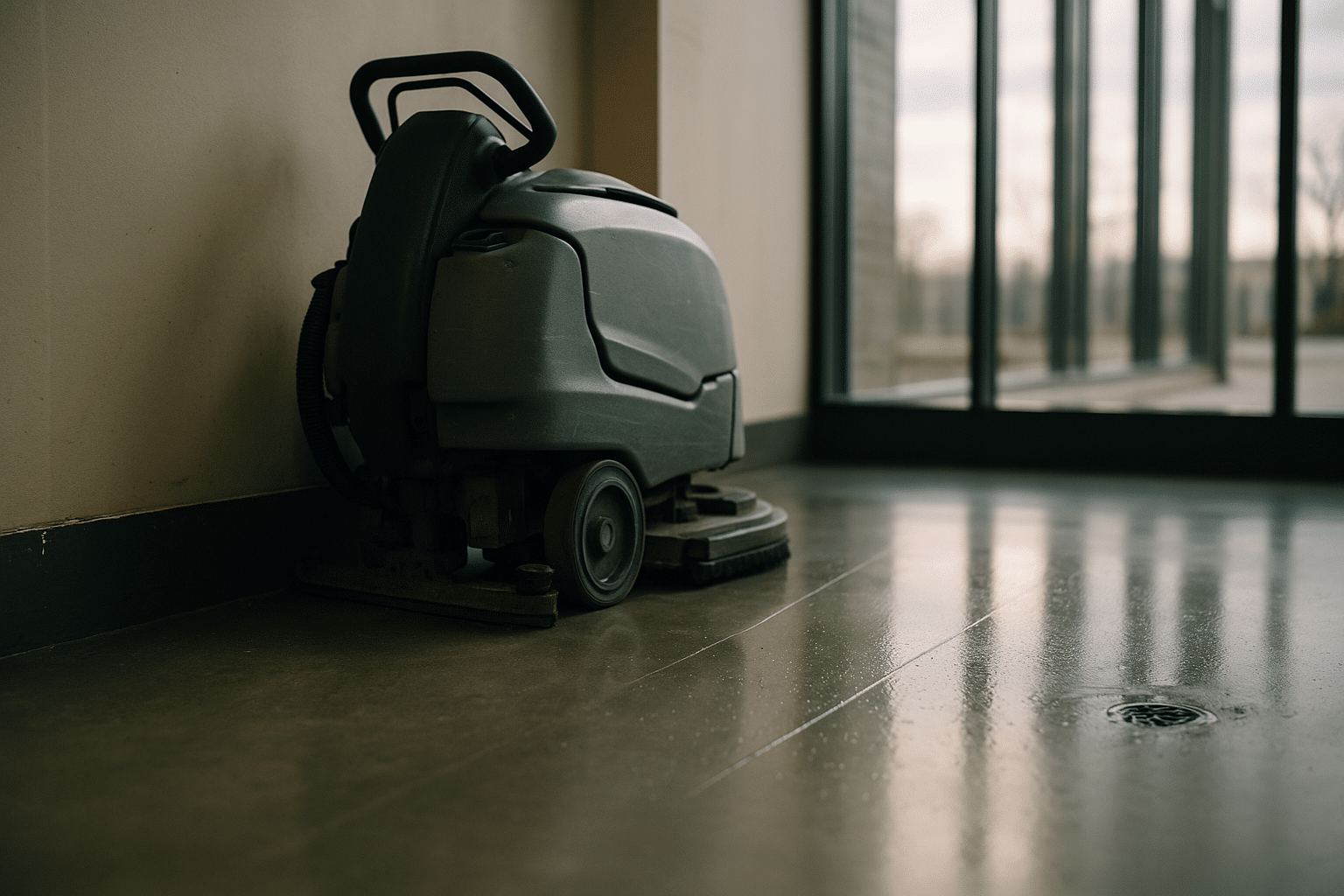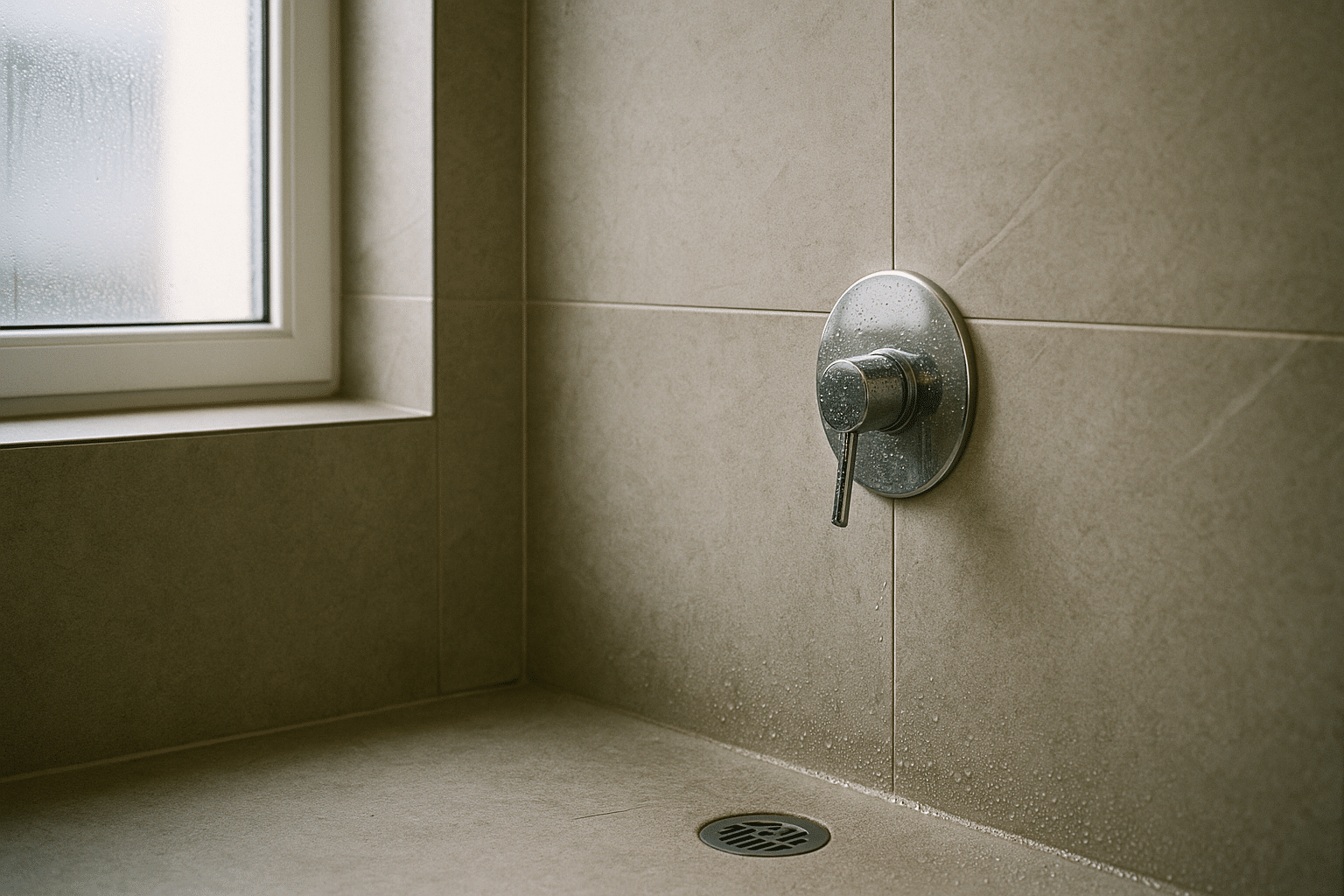
The Importance of Sleep: Methods for Enhancing Your Rest
Sleep is more than just a nightly routine; it’s a cornerstone of holistic health that significantly influences our mental, emotional, and physical well-being. Understanding its importance and learning how to enhance our rest can lead to profound improvements in our overall quality of life.
The Science Behind Sleep
Sleep is a complex biological process that helps restore the body and mind. According to the renowned sleep researcher, Dr. Matthew Walker, “Sleep is the single most effective thing we can do to reset our brain and body health each day.” Research from the American Academy of Sleep Medicine highlights that adults need between 7 to 9 hours of sleep each night for optimal health.
Statistics on Sleep Deprivation
Chronic sleep deprivation is a widespread issue, affecting approximately 35% of adults in the US. Lack of sleep is linked to a host of health problems, including obesity, cardiovascular disease, and impaired cognitive function.
Personal Experiences with Sleep
Take for instance, my friend Mike, who struggled with insomnia for years. By implementing a consistent bedtime routine and limiting screen time before bed, he significantly improved his sleep quality.
Methods to Enhance Your Sleep
- Maintain a Consistent Schedule: Go to bed and wake up at the same time every day, even on weekends.
- Create a Restful Environment: Keep your bedroom cool, dark, and quiet.
- Limit Screen Exposure: Avoid screens at least an hour before bed to reduce blue light exposure.
- Watch Your Diet: Avoid heavy meals, caffeine, and alcohol close to bedtime.
- Exercise Regularly: Engage in physical activity during the day to help you sleep better at night.
Comparing Sleep Aids
| Method | Effectiveness | Potential Drawbacks |
|---|---|---|
| Melatonin Supplements | Highly Rated | May cause drowsiness |
| Herbal Teas | Well-Regarded | May not be strong enough for severe insomnia |
| Prescription Medications | Effective for Short-Term Use | Potential for dependency |
| White Noise Machines | Top-Rated for Masking Noise | May not work for everyone |
| Aromatherapy | Renowned for Relaxation | Limited scientific evidence |
| Sleep Tracking Apps | Useful for Monitoring Patterns | Accuracy varies |
| Yoga and Meditation | Outstanding for Stress Reduction | Requires practice |
| Weighted Blankets | Exceptional for Comfort | Can be too warm for some |
Frequently Asked Questions
How much sleep do adults need?
Adults typically need between 7 to 9 hours of sleep per night to function at their best.
What are the consequences of poor sleep?
Poor sleep can lead to a variety of health issues, including weakened immunity, weight gain, and decreased mental clarity.
Can naps help improve sleep quality?
Naps can be beneficial, especially if you’re sleep-deprived, but avoid napping too late in the day as it may affect nighttime sleep.
Conclusion
Improving your sleep is a worthwhile investment in your holistic health. By adopting consistent routines, creating a soothing sleep environment, and exploring different methods to enhance rest, you can experience profound benefits. Remember, small changes can lead to significant improvements. Take the first step towards better sleep tonight.


